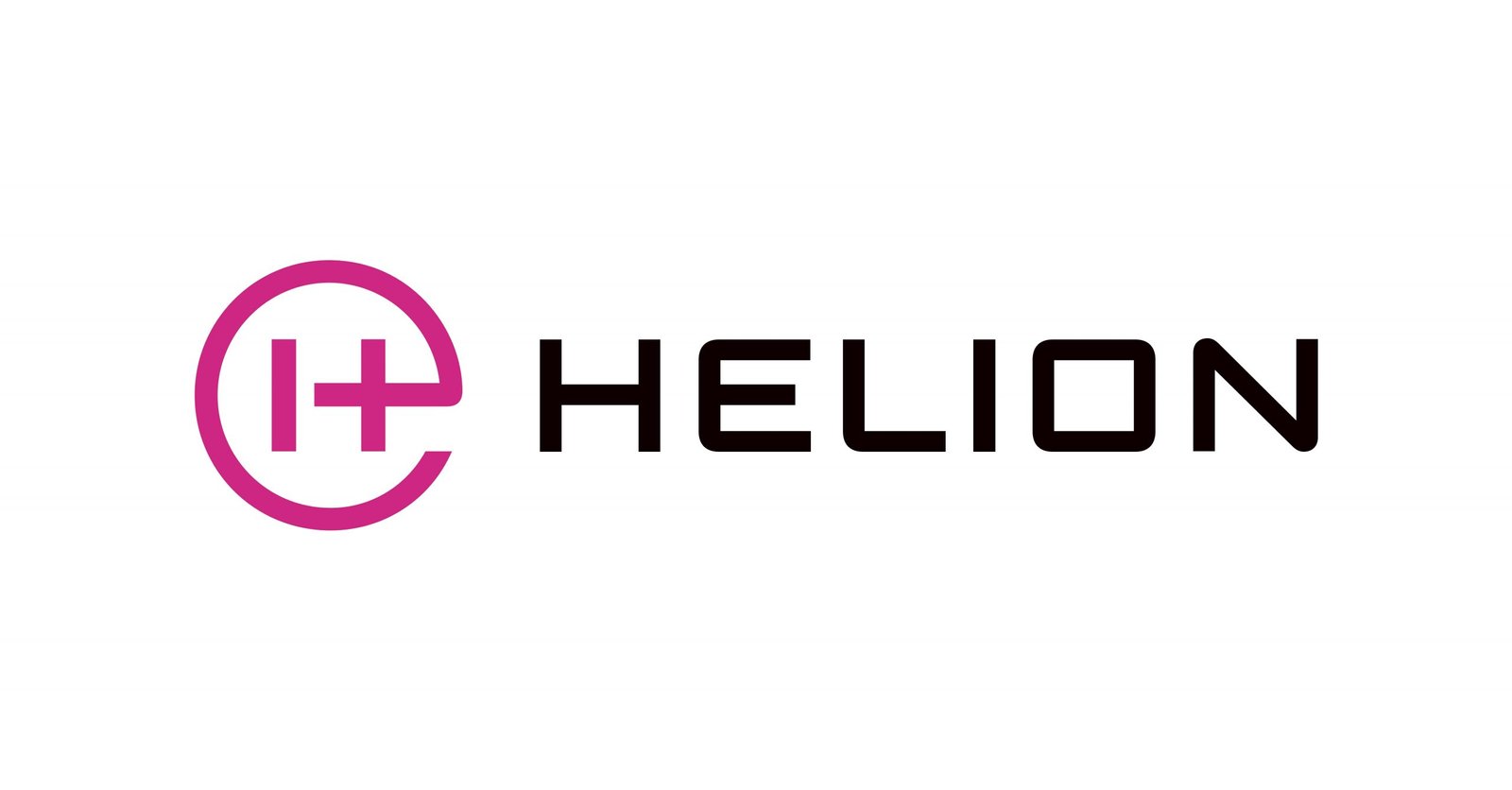Small businesses across the Northwest have embraced AI as their growth engine, with an impressive 98% already using AI tools in their daily operations. This shift to digital tools isn’t just another trend – it’s a proven path to success. The numbers tell the story: 87% of these businesses say technology helps them run more smoothly. Better yet, four in five businesses saw their sales, staff numbers, and profits climb after they started using these tools.
Seattle’s small business owners are finding clever ways to put AI to work. Local entrepreneurs use AI chatbots to talk with customers around the clock, while others let smart systems track their prices and gage what customers think. These tools help Northwest businesses work smarter instead of just getting bigger. The impact is clear – 78% of businesses say these platforms help them handle inflation and supply chain issues without raising prices for their customers. Looking ahead, 85% of small businesses plan to use even more technology in the next few years. AI tools have become a must-have for businesses that want to grow and stay competitive in this region.
Small Businesses Adopt AI Tools to Drive Growth
Small businesses are adopting technology faster than ever before, and AI tools now streamline their growth. Recent studies reveal that businesses implementing AI grow faster, especially in the Northwest where companies look for ways to stay ahead during tough economic times.
98% of small businesses report using AI in some form
AI adoption has reached new heights in the small business sector. Almost every small business (98%) now employs AI-enabled tools. The numbers tell an impressive story – 40% of small businesses actively use AI tools in 2024, up from 23% in 2023. On top of that, it’s worth noting that a third of businesses have tried generative AI, while a quarter of them see real benefits in their operations.
Age plays a big role in who adopts AI first. Millennial and Gen Z business owners are 56% more likely to embrace generative AI than Gen X owners. The confidence in AI remains high as 91% of small businesses believe these tools will propel their growth.
Generative AI tools like chatbots and image creators lead adoption
Chatbots and image creators stand out among AI applications, with their usage nearly doubling. Customer service has quickly become the sweet spot for generative AI. These tools provide round-the-clock help and learn from customer issues continuously. The results speak for themselves – 95% of small businesses report better response quality when using AI for customer service.
Small business owners put AI to work in different ways. About 48% use it for accounting and another 48% handle customer management and communication. AI helps create content, run marketing campaigns, write product descriptions, and manage schedules. This lets owners focus on growing their business instead of getting caught up in day-to-day tasks.
Washington State emerges as a key AI development hub
Washington State has become a powerhouse in AI innovation, ranking 5th nationwide in AI startup activity. The state offers perfect conditions for AI growth with 644,868 small businesses making up 99.5% of all Washington businesses.
The region’s AI scene is booming with 481 startups that have pulled in $4.5 billion in funding between 2013 and 2023. These companies bring new ideas to Enterprise SaaS, Life Sciences, and Internet/Communications/Technology. Small businesses keep driving Washington’s economy forward, creating 161,791 new jobs – that’s 86.2% of all new jobs in the state.
AI Enhances Efficiency and Cuts Costs Across Operations
Northwest businesses are seeing real results as AI transforms their daily operations. These changes affect multiple business functions and help companies run leaner despite economic pressures.
AI automates customer service, scheduling, and paperwork
Business owners now save up to 15 hours every week through AI automation of routine tasks. AI-powered chatbots handle up to 80% of customer questions and cut service costs in half. These virtual assistants offer instant support without human involvement and can transfer complex issues naturally when needed.
AI reduces administrative work by automating scheduling, inventory management, and document processing. Companies report a 30% reduction in operational time after implementation. AI workforce management tools look at past data to predict staffing needs. The tools optimize team scheduling and personalize shifts, which saves time for managers and employees alike.
Marketing and content creation benefit from generative AI
About 30% of small businesses use AI tools to create content. These tools write everything from engaging social media posts to SEO-optimized blog articles that help maintain a consistent online presence. AI generates email marketing campaigns, multimedia scripts, and product descriptions much faster than traditional methods.
Companies can learn about hidden patterns in unstructured data through AI-powered search capabilities. The technology analyzes videos, emails, and images to produce relevant results quickly. This helps businesses make evidence-based decisions without needing specialized expertise.
AI helps manage inflation and supply chain disruptions
AI plays a vital role in dealing with economic pressures. The numbers tell the story: 79% of businesses say technology helps them avoid price increases despite inflation. The same percentage credits technology platforms with better supply chain management.
AI tools make customs clearance easier and remove manual data entry mistakes. They find the best routes by looking at fuel prices and traffic conditions. AI systems also watch demand patterns for better inventory management, which prevents shortages and excess stock. These applications help businesses stay strong against market changes while keeping customer service quality high.
High-Tech Adopters Report Stronger Sales and Job Growth
AI technology brings real business results to Northwest companies. Companies that embrace AI see their sales soar, hire more people, and stand stronger against competitors through smart AI use.
79% of high-tech adopters saw employment increases
Research shows that AI adoption and workforce growth are closely linked. Recent data reveals that 79% of companies using advanced tech expanded their teams. This puts to rest worries about job losses – 13.7% of AI-using firms grew their workforce while only 6.9% reduced staff. On top of that, companies using generative AI were 45% more likely to fill their open positions successfully.
AI helps small firms compete with larger companies
Small businesses now stand toe-to-toe with industry giants thanks to AI. Large corporations used to dominate with bigger budgets and better tech, but AI-powered tools now let small companies work just as efficiently at scale. Small businesses report that AI does the work of 2.1 full-time and 1.5 part-time employees. Research shows 83% of small business owners say AI has helped their business grow.
Case examples of businesses scaling with AI tools
Northwest businesses show impressive results with AI. Nakie, a growing retailer, uses AI to watch inventory, study customer feedback, and streamline logistics—which leads to better resource use. As with CMY Cubes, they used AI to automate marketing and analyze performance, helping them find their best-performing social platforms and spend marketing dollars wisely. OnDeck cut loan processing time by 70% with AI, which made their customers much happier.
Challenges Remain in AI Integration and Regulation
Small businesses eagerly adopt AI but don’t deal very well with major obstacles. These roadblocks include technical constraints and complex regulatory requirements that keep growing.
Learning curve and tool selection remain barriers
AI integration poses challenges to 90% of small businesses, and 47% of them point to “learning how to use AI tools” as their biggest problem. The struggle extends beyond this – 36% feel lost among available options, 34% can’t figure out where to start, and 31% worry about making AI work with their current systems. Money stands in the way too, as 55% of owners say costs keep them from embracing AI.
Concerns over data privacy and state-level AI laws
State policymakers introduced more than 1,000 AI-related bills in early 2025. This created a complex web of rules across states like California, Colorado, and Texas. Each state now has its own set of definitions, requirements, and ways to enforce them. Small businesses must now spend their limited resources to understand these different rules. Breaking these laws can be costly – Colorado’s AI Act allows fines up to $20,000 for each violation.
Need for ethical AI use and transparency
CEOs are jumping on the AI bandwagon, with 85% putting money into it. Yet only 25% have thought over the ethical side of things. Building proper frameworks to handle privacy, fairness, and discrimination are the foundations of good governance. Small businesses need to strike a balance between being open about their AI use and protecting their business secrets. The focus should stay on results rather than technical details.
Wrapping up…
Small businesses in the Northwest now see AI as their growth ally. A whopping 98% use some form of AI technology, with adoption rates doubling each year. Business owners report these tools replace several staff positions and expand their workforce – a paradox that works in their favor.
The benefits go beyond just making things run smoother. Four out of five businesses using AI saw better sales, hired more people, and increased their profits. These tools help create a fair playing field that lets smaller companies match what big corporations can do. Washington State ranks 5th in the nation for AI startups and has become a major hub for AI development.
AI boosts several key business operations. Chatbots handle most customer questions on their own, while marketing teams use AI to create better content faster. On top of that, it helps companies handle inflation and supply chain issues without price hikes – a huge plus in uncertain times.
Even so, some roadblocks remain. Owners don’t deal very well with the learning curve, picking the right tools, and fitting everything together. Privacy worries and different state rules about AI create more problems. Business leaders need to think about ethics too, though surprisingly few do despite spending heavily on AI.
The future looks bright despite these hurdles. Most businesses want to use more technology in the coming years. This ongoing shift will alter the map of Northwest business as AI becomes standard practice instead of a competitive edge. Small businesses that smartly use these technologies will see better efficiency, stronger growth, and stay stronger when markets get tough.
Research and outline was written with AI assistance.















